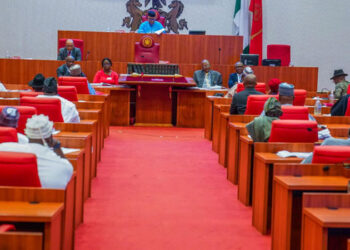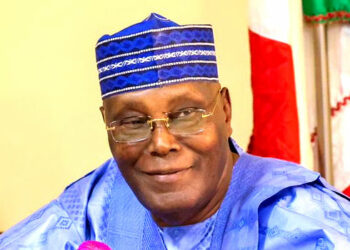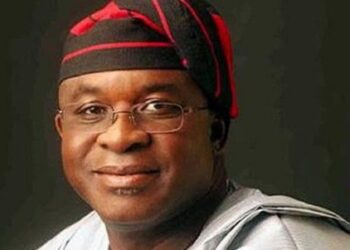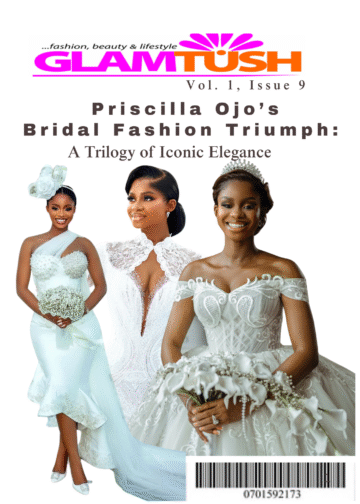Ghana Heads To Polls For Presidential, Parliamentary Elections
Ghanaians head to the polls today as a close fight between President Nana Akufo-Addo and his longtime rival John Mahama, in a country long viewed as a beacon of stability.
The West African nation has ensured peaceful transfers of power on seven occasions since it returned to democracy nearly 30 years ago.
The two major parties have always accepted electoral outcomes and pursued any grievances through the courts.
To ensure its continued tradition of peaceful polls, Akufo-Addo, 76, and Mahama, 62, on Friday signed a symbolic peace pact.
They are among 12 candidates who are running — in cluding three women.
In a bold move, Mahama also picked former education minister Jane Naana Opoku-Agyemang as his running mate — the first woman on the ticket of a major party.
“In view of the happenings on the continent, and, indeed in West Africa, the entire world is looking up to us to maintain our status as a beacon of democracy, peace, and stability,” Akufo-Addo said in a televised address on Sunday evening.
The relative stability in Ghana contrasts with that of its West African neighbours Guinea and Ivory Coast that have seen deadly unrest this year.
Around 17 million people are eligible to vote to cast ballots for a new president and members of parliament for 275 seats.
Key issues include unemployment, infrastructure, education, and health.
Ghana has made giant strides over the past two decades, becoming the world’s second-largest cocoa-producing country, but many still live in extreme poverty with scarce access to clean water or electricity.
– Graft allegations –
At the Bawalshie primary school, in a wealthy neighbourhood of Accra, around 60 people were queuing to cast their votes as polls opened shortly after 7:00am (0700 GMT).
Most were wearing face masks, as an election official guided them towards a hand sanitising station before taking their temperatures.
Ben Nikoi, 47, businessman, said he was voting for “a change of government, I want more improvements.”
But Vida Agyakumaa, 44, who works at the forestry commission, said she was backing the incumbent.
“We don’t want change. We need (president) Nana because of free education. We want him to win.”
Hit hard by the coronavirus pandemic, growth in the nation of 30 million people is expected to fall this year to 0.9 percent — its lowest in three decades — according to the International Monetary Fund, a steep decline from 6.5 percent growth in 2019.
Akufo-Addo of the New Patriotic Party (NPP) and Mahama of the National Democratic Congress party (NDC) have faced each other at the ballot box three times already.
Mahama was president for four years until 2016, before being replaced his rival.
Since taking office, Akufo-Addo has been given high marks for his handling of the pandemic and his record on free education and improving access to electricity.
But he has disappointed some with his performance on tackling graft — the key issue on which he was elected four years ago.
However, Mahama has found it hard to highlight this, as he himself left office under a cloud of corruption allegations.
Mahama has also been criticised for poor economic decisions and racking up unsustainable debts.
But the skilled communicator has brushed aside the criticism, making ambitious promises to build infrastructure, create jobs, and modernise the country.
AFP























